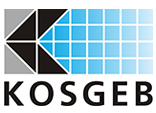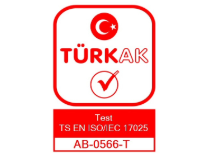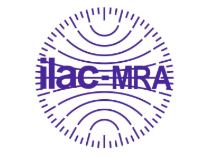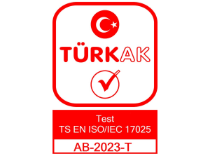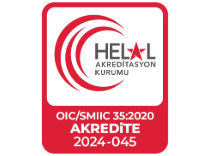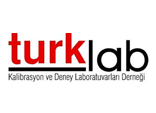NEWS

We are thrilled to announce that on September 18-19, 2024, our facility successfully completed the audit conducted by the Republic of Turkey Ministry of Health’s Turkish Medicines and Medical Devices Agency (TİTCK) under the Good Clinical Practice (GCP) guidelines!
BLOG
Updated Information, Regulations, Communiqués, Research and More ...


BRANCHES
QUALITY AND CERTIFICATE
